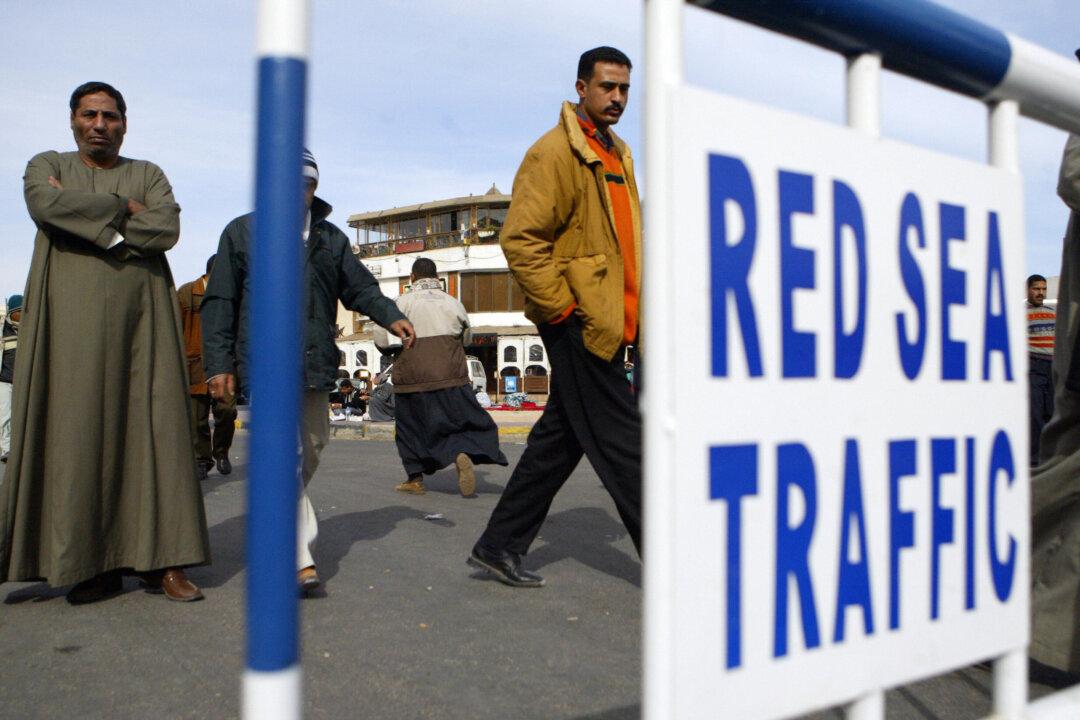A family is desperately seeking answers after the body of a British man was returned to the UK from Egypt with several of its organs missing.
David Humphries, 62, died while on holiday in Egypt with his family, according to the NZ Herald.


A family is desperately seeking answers after the body of a British man was returned to the UK from Egypt with several of its organs missing.